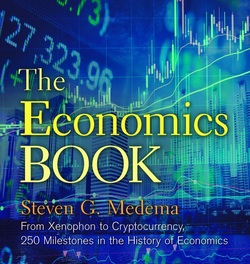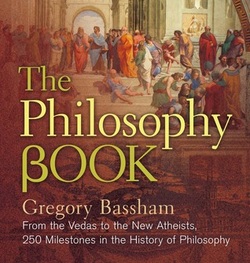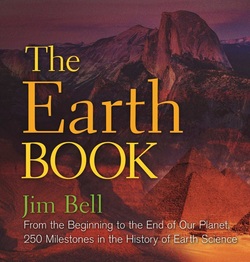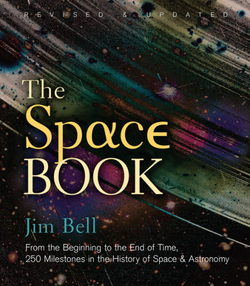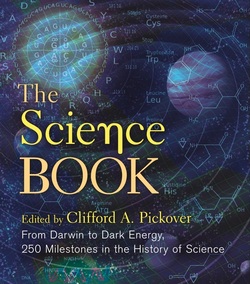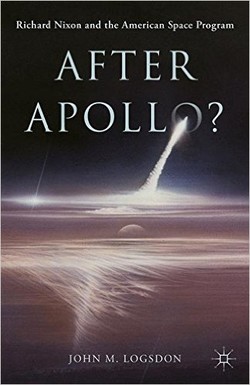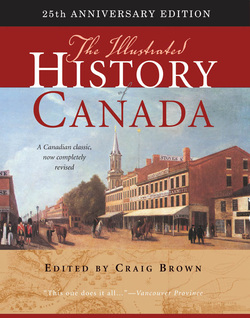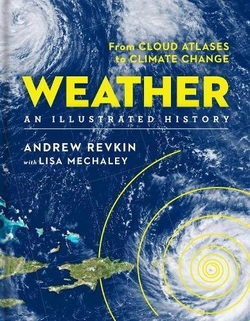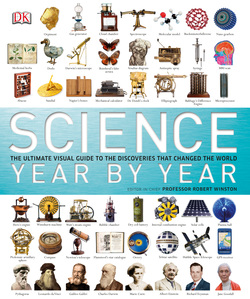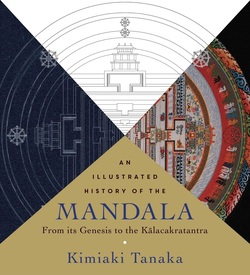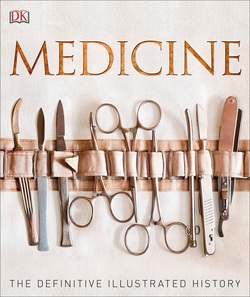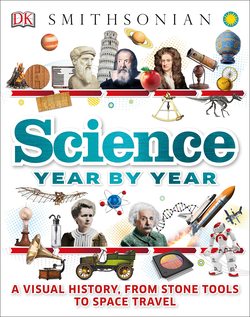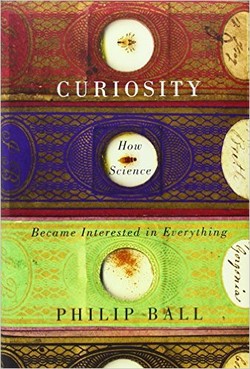این کتاب اولین کتابی است که تاریخ علمی جهان، از ارسطو تا بمب اتم و حتی فراتر از آن را نشان میدهد.
بخش اول کتاب شرحی از علم در شرق و غرب از دوران باستان تا روشنگری امروزی، از دنیای مدیترانه کهن تا چین باستان، از مبادلات بین دانشمندان اسلامی و مسیحی در قرون وسطی تا اختراع باروت چینیها، کاغذ و چاپگر، از انقلاب علمی اروپا در قرن شانزدهم و هفدهم تا اضطراب فکری قرن هیجدهم را بیان میکند.
فصلهای دیگر بر داستانهای فزاینده تخصصی علوم علمی در پاپان قرن هجدهم، شامل علم تجربی در آزمایشگاهها از Michael Faraday تا CERN، اکتشافات طبیعت از مکتشفان دوره ویکتوریا تا نخستیشناسان قرن بیستم، نقشهبرداری از جهان از کشف اورانوس تا تئوری بیگبنگ، تأثیر ایدههای تکاملی از لامارک، داروین و والاس تا DNA و شرح فیزیک علمی از جیمز کلارک ماکسول تا نظریه کوانتومی و فراتر از آن تمرکز دارند. فصل پایانی نشان میدهد که چگونه دانشمندان بین کار خود و عموم مردم، از نمایشگاه بزرگ در سال 1851 تا اینترنت اولیه در قرن بیستویکم ارتباط برقرار میکنند.
بخش اول کتاب شرحی از علم در شرق و غرب از دوران باستان تا روشنگری امروزی، از دنیای مدیترانه کهن تا چین باستان، از مبادلات بین دانشمندان اسلامی و مسیحی در قرون وسطی تا اختراع باروت چینیها، کاغذ و چاپگر، از انقلاب علمی اروپا در قرن شانزدهم و هفدهم تا اضطراب فکری قرن هیجدهم را بیان میکند.
فصلهای دیگر بر داستانهای فزاینده تخصصی علوم علمی در پاپان قرن هجدهم، شامل علم تجربی در آزمایشگاهها از Michael Faraday تا CERN، اکتشافات طبیعت از مکتشفان دوره ویکتوریا تا نخستیشناسان قرن بیستم، نقشهبرداری از جهان از کشف اورانوس تا تئوری بیگبنگ، تأثیر ایدههای تکاملی از لامارک، داروین و والاس تا DNA و شرح فیزیک علمی از جیمز کلارک ماکسول تا نظریه کوانتومی و فراتر از آن تمرکز دارند. فصل پایانی نشان میدهد که چگونه دانشمندان بین کار خود و عموم مردم، از نمایشگاه بزرگ در سال 1851 تا اینترنت اولیه در قرن بیستویکم ارتباط برقرار میکنند.
سال انتشار: 2017 | تعداد صفحات: 448 | حجم فایل: 29.20 مگابایت | زبان: انگلیسی
The Oxford Illustrated History of Science
نویسنده:
Iwan Rhys Morus
ناشر:
Oxford University Press
ISBN10:
0199663270
ISBN13:
9780199663279




